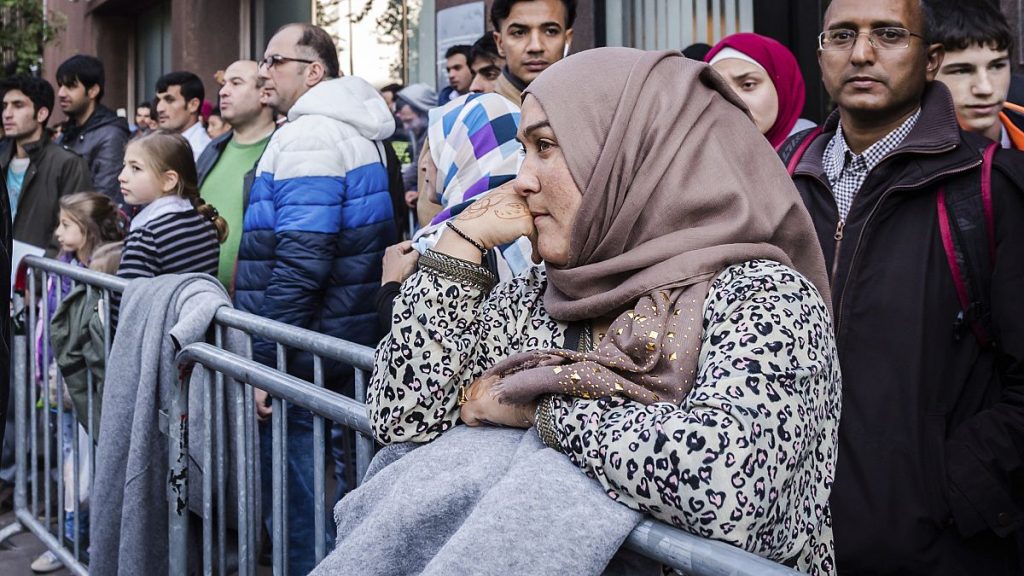Surveys indicate that racism in the EU is on the rise, with NGOs warning of increased discrimination. Despite this, only two of the seven main political parties in the European Parliament have explicitly called for the adoption of a directive to combat discrimination. The Socialists and Democrats (S&D) and the Left are the only parties that have promised to press for the adoption of the directive, while other parties mention the need to fight discrimination without specifically mentioning the legislation. The European Network Against Racism (ENAR) is calling for the extension of the EU’s Anti-racism Action Plan and revisions to the current blocked text of the directive.
The European Commission made attempts in 2008 to create a comprehensive law on combating discrimination, but the European Council, made up of the 27 member states, has been blocking the directive. Some governments argue that it violates national competence and would be too expensive to implement. Swedish MEP Alice Kuhnke, the rapporteur for the EU Anti-Discrimination Directive, believes the current political climate, with hard and far-right forces gaining influence in the European Parliament, makes the adoption of the directive more urgent. She emphasizes the need to call out member states that do not want the directive to become a reality and stresses the importance of not accepting discrimination.
Surveys conducted in the EU show that over half of respondents believe there is widespread discrimination based on various factors, such as ethnicity, skin color, gender identity, and sexual orientation. Around a fifth of respondents reported experiencing discrimination or harassment in the previous 12 months, representing an increase from previous years. The European Union Agency for Fundamental Rights (FRA) found that 45% of Black people have experienced racial discrimination, compared to 39% in a previous survey. The New Pact on Migration and Asylum, recently adopted by the EU, could potentially worsen the situation by not effectively combating racism and discrimination, according to Kuhnke.
The European Network Against Racism (ENAR) is advocating for more diverse lists of candidates from parties, particularly from progressive forces. They question the extent to which European institutions truly represent the diversity of the population and believe there is a deficit in the representation of racialized people in the European Parliament. ENAR is also pushing for the extension of the EU’s Anti-racism Action Plan and revisions to the current blocked text of the directive to combat all forms of discrimination. There are concerns that the current political climate, with the rise of right-wing forces, could further exacerbate the issue of discrimination and racism in the EU.
Overall, the lack of swift adoption of a directive to combat discrimination, along with the rise of right-wing influences in the European Parliament, pose significant challenges in addressing racism in the EU. Surveys show an increase in discrimination based on various factors, and the need for a more diverse representation of candidates in political parties is highlighted. There is a call for the extension of the EU’s Anti-racism Action Plan and revisions to the blocked text of the directive to effectively combat all forms of discrimination. Addressing these issues is crucial in tackling the rising trend of discrimination and racism in the EU.


